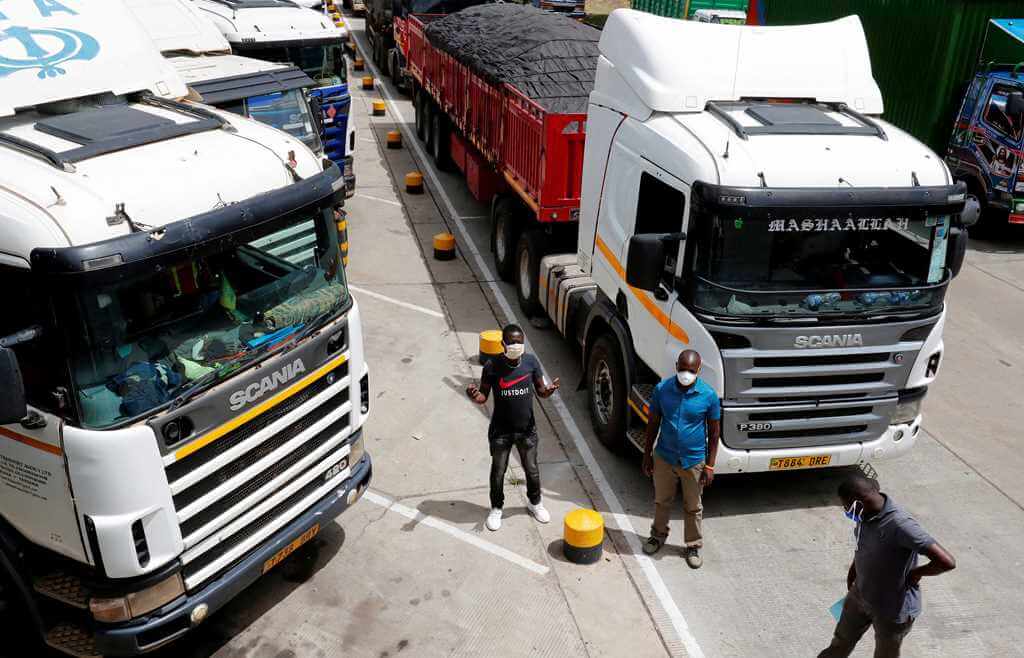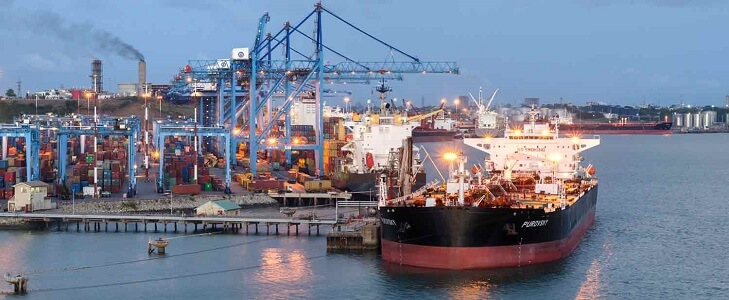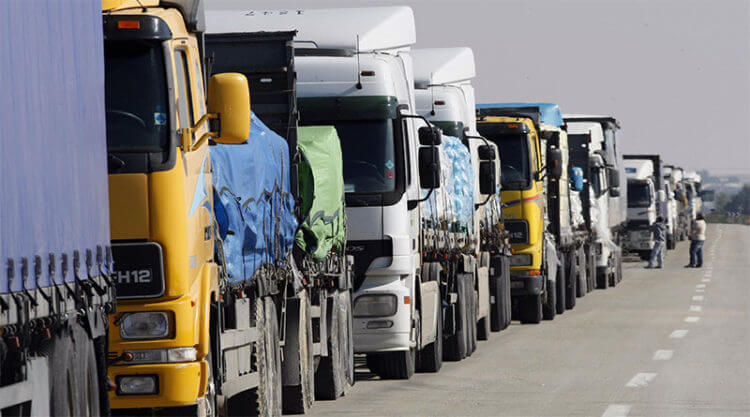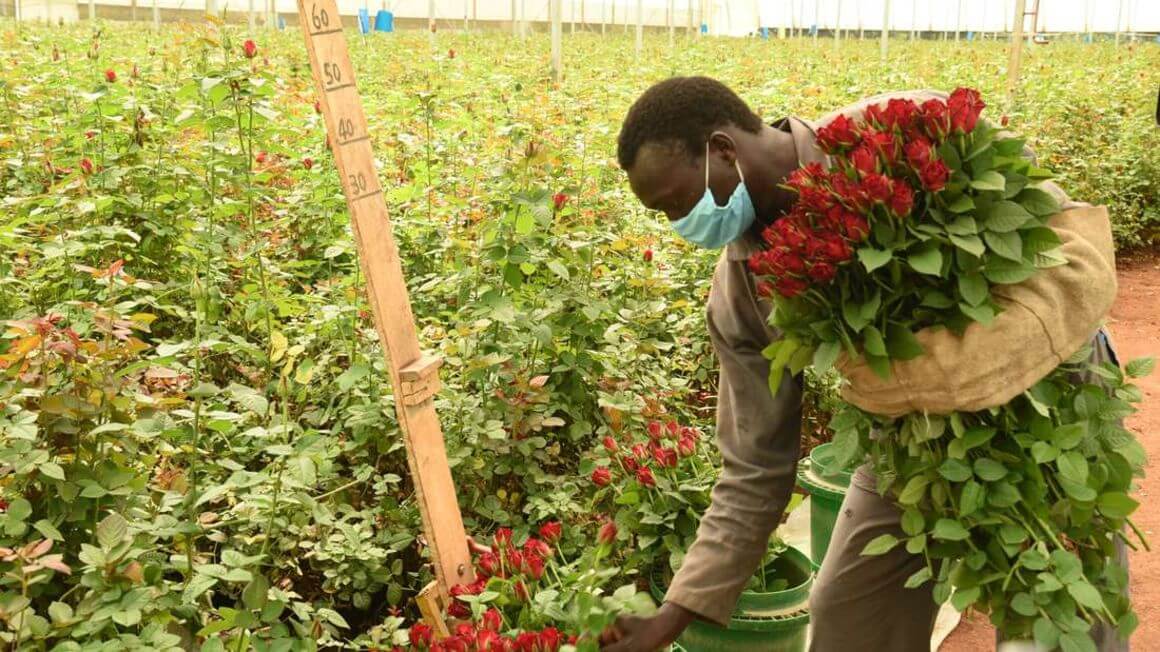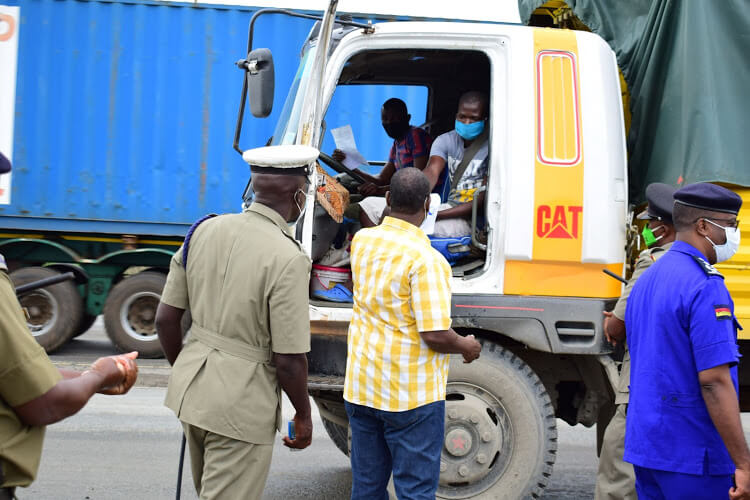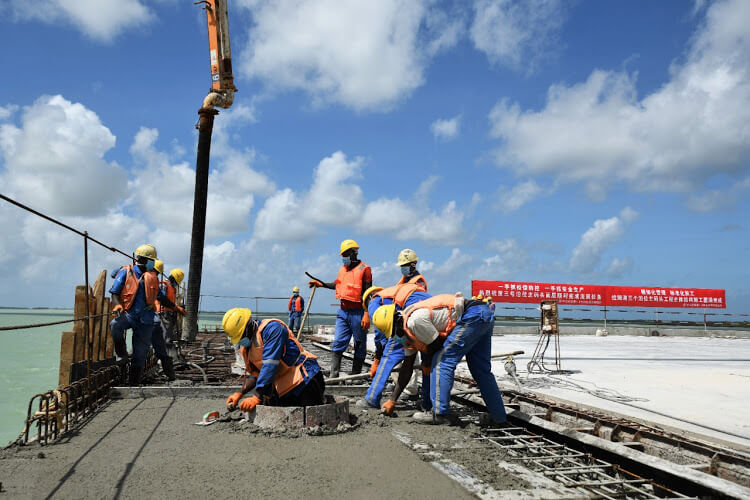22 July 2020 (ECA) - At a time when global trade seems so uncertain because of COVID-19 pandemic crisis, a recent paper strikingly highlights that Kenya experienced a significant improvement in exports in early months of 2020 together with the moderation of imports, leading to a marked decline in the trade deficit. The paper published by Brookings and written by Andrew Mold, Senior Economist at UN Economic Commission for Africa and Anthony Mveyange Director of Research at TradeMark Africa used Kenyan trade data published up through May 2020 to provide a preliminary evaluation of the impact of the COVID-19 crisis on regional trade in the East African Community (EAC). According to the paper, the curfews, lockdowns, and cross-border disputes linked to the crisis provoked a sharp decline in intra-regional trade, with a dramatic fall in Kenyan exports to Uganda, Tanzania, and Rwanda. These trends are worrisome because Kenya is the major exporter and importer of the East African Community (EAC), accounting for around 46 per cent of exports and 41 per cent of imports for the whole region. Recent trade evidence from East Africa Kenyan textile exports to the United States and flowers and shipments of vegetables to the European Union were severely affected, largely due to both suspensions of international flights and the collapse of demand in target markets. The paper notes, however, that despite these disruptions, not all supply chains were affected. Kenyan tea exports peaked at just under 58,000 tonnes in April – a record high. Similarly,...
COVID-19 remains an impediment to regional trade; Kenya pushes ahead
Posted on: July 24, 2020
Posted on: July 24, 2020

